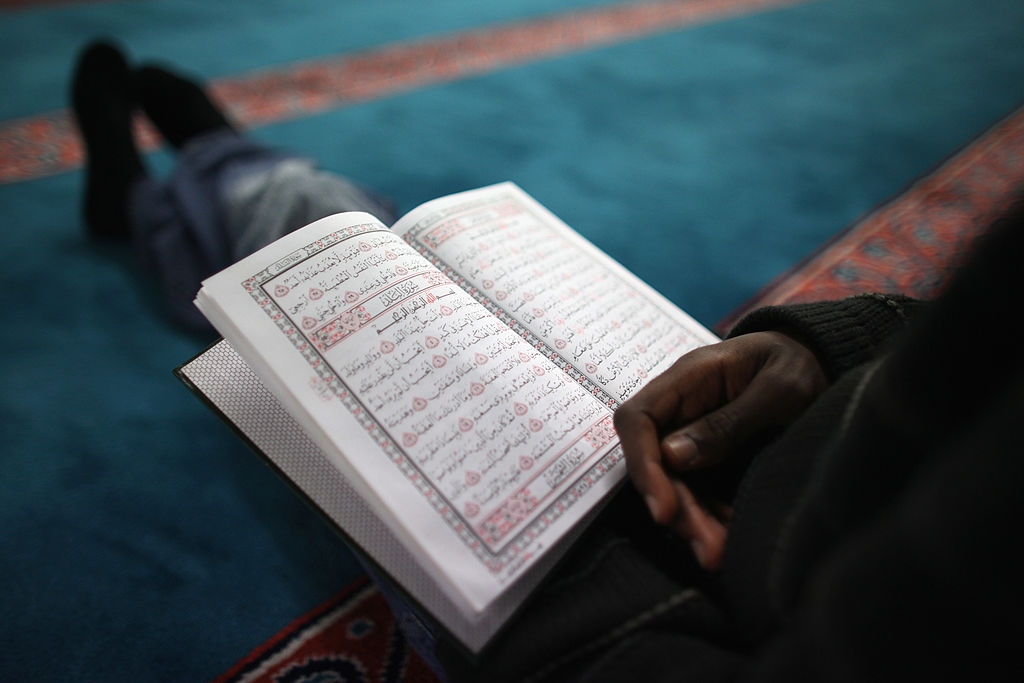Ramadan is one of the five pillars of Islam, based on spiritual self-discipline. It is meant to strip away materialism and to connect Muslims to God through self-reflection, fasting and prayer, thereby enhancing the spiritual connection of Muslims to the Almighty. But just as it was for Christians celebrating Easter and Jews celebrating Passover, this year’s Ramadan will be quite different in a Covid world. For the virus continues to strip away so many of the familial and personal connections that we once took for granted.
The virus continues to strip away so many of the familial and personal connections that we once took for granted
In times of crisis people often turn to the support of religion. It provides a sense of normalcy, community and togetherness. The scale of death and isolation felt so widely has resulted in many turning to their faith as a form of self-care and provision of purpose. It is no exaggeration to say that faith has kept many going, assisting with emotional and mental wellbeing, and reconnecting people with a sense of higher purpose.
Prayer is central to practising Muslims: it connects us with the Creator, and provides a chance for introspection and spiritual comfort. The call to prayer is central to Muslims’ circadian spiritual rhythm and provides us with discipline. And just like other faiths, the act of praying gives us a chance to feel, to express and to connect with our innermost hopes and fears. While mosques serve as a sacred space that help us connect with the Almighty.
Before the pandemic, Ramadan would have been a time of congregation within mosques after a day of fasting. It would have been a chance to catch up with friends and extended family members outside the mosque and even a time to unwind from the daily responsibilities of work and fasting. This year, however, mosques will not be the spaces for such gatherings. Instead, families will open their fasts together, evening prayers will be held at home and with Facetime and WhatsApp being used as the surrogate platform for face-to-face meetings. We have all learnt to adapt and British Muslim communities have been no different.
Last year the idea that Muslims were congregating in large numbers during Ramadan spread like wildfire online. As a result, my community was unfairly blamed for the uptick in Covid cases in the North and the Midlands. It is, therefore, not surprising that many Muslims have told me that they are even more determined to show the British public this year that they are responsible, law-abiding citizens.
Today, some mosques remain closed while social distancing measures continue in the ones that are open. The government allowing religious buildings to keep their doors open shows that, despite all the pressures of trying to stop the virus spread, they recognise the importance of religion in these dark times to millions of Britons.
As Imam Al-Ghazali, one of the greatest philosophers of Islam said, ‘The final purpose of self-discipline is to find one’s heart constantly in the presence of God.’ This is the essence of Ramadan and no institution, open or closed, can take away from this central principle.






Comments